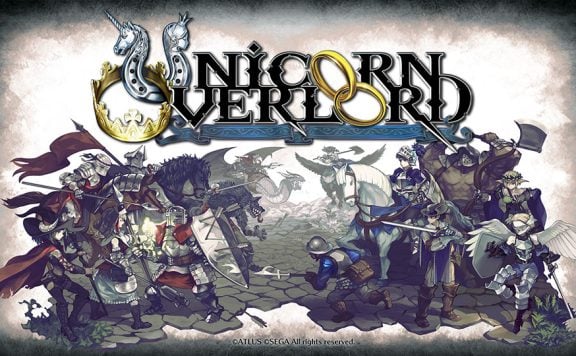In the digital age, the gaming industry is a powerhouse of entertainment and technological innovation. As more individuals engage in online gaming experiences across various platforms, the amount of personal data shared within these digital spheres grows exponentially. This vast collection of sensitive data has led to the critical need for heightened cybersecurity within the gaming industry. From MMORPGs and esports to mobile games and online casinos, each sector must implement robust security measures to protect their players and maintain trust within their communities.
The Crucial Role of Cybersecurity in MMORPGs
Massively Multiplayer Online Role-Playing Games (MMORPGs) are a unique and highly popular genre within the gaming industry. Players immerse themselves in expansive virtual worlds, creating intricate characters and forming relationships with other players worldwide. These platforms often require personal and financial information for in-game purchases, making them an attractive target for cybercriminals. For instance, games like ‘World of Warcraft’ and ‘Final Fantasy XIV’ have faced instances of phishing and account hacking, underscoring the urgent need for robust cybersecurity measures.
In addition to secure payment processing, gaming companies implement authentication measures, encryption techniques, and proactive monitoring tools to safeguard user accounts. Regular security updates, player education about common cybersecurity threats, and support teams dedicated to resolving security incidents also form the backbone of effective cybersecurity in MMORPGs.
Cybersecurity in the Esports Arena
Esports, the competitive facet of the gaming industry, has witnessed staggering growth over the past decade. It has not only attracted millions of players globally but has also caught the attention of large-scale investors, advertisers, and even traditional sports teams. As a result, the data and financial stakes in the esports arena have never been higher.
In esports tournaments, distributed denial-of-service (DDoS) attacks can disrupt games and cause significant losses for players, teams, and organizers. To combat this, organizations are leveraging advanced DDoS protection measures, secure cloud infrastructure, and real-time threat detection systems. Furthermore, the rise of blockchain technology in esports offers promising solutions for secure player transactions, tokenized assets, and fraud prevention.
Prioritising Security in Online Casinos
In the realm of online casinos, where users bet real money, the demand for cybersecurity is immense. The personal and financial data involved are attractive targets for cyber threats, including fraudulent transactions and hacking attempts. Let’s look at online roulette games as an example. Players interact with the board layout and place stakes on this simple game, which has many possibilities. Whether that’s European Roulette or American Roulette, which vary in that the former has 37 pockets and the latter has 38 pockets, secure transactions and data protection are paramount.
To achieve a secure environment, online casinos employ end-to-end encryption for financial transactions, use random number generators (RNG) for game fairness, and require stringent identity verification processes. Regulatory bodies also play a significant role, ensuring online casinos adhere to strict cybersecurity and fairness standards.
Mobile Games and User Data Protection
The mobile gaming market, with its accessible and diverse offerings, attracts a vast global audience. As these games are often free to play, they rely heavily on in-app purchases and advertising, leading to a significant amount of personal data collection. However, the security measures on mobile devices can be more challenging to manage than on dedicated gaming systems.
To protect user data, mobile game developers integrate security during the app development process. They utilise secure coding, data encryption, secure sockets layer (SSL) for data transmission, and routine vulnerability testing to detect and fix potential security issues. Moreover, ensuring secure third-party APIs and complying with international data protection regulations are integral aspects of mobile game data safety.
In summary, the increasing sophistication of cyber threats presents an ongoing challenge for the gaming industry across its diverse sectors. As technology advances, cybersecurity measures must evolve simultaneously, continually innovating to stay one step ahead of potential threats. Gaming companies, while they strive to provide immersive and engaging experiences, must also remember that the safety of their players and the security of data are at the heart of trust in the digital gaming world. As players, acknowledging the importance of cybersecurity and practicing safe online habits can contribute significantly to maintaining the exciting, rewarding, and secure gaming landscape we all enjoy.





